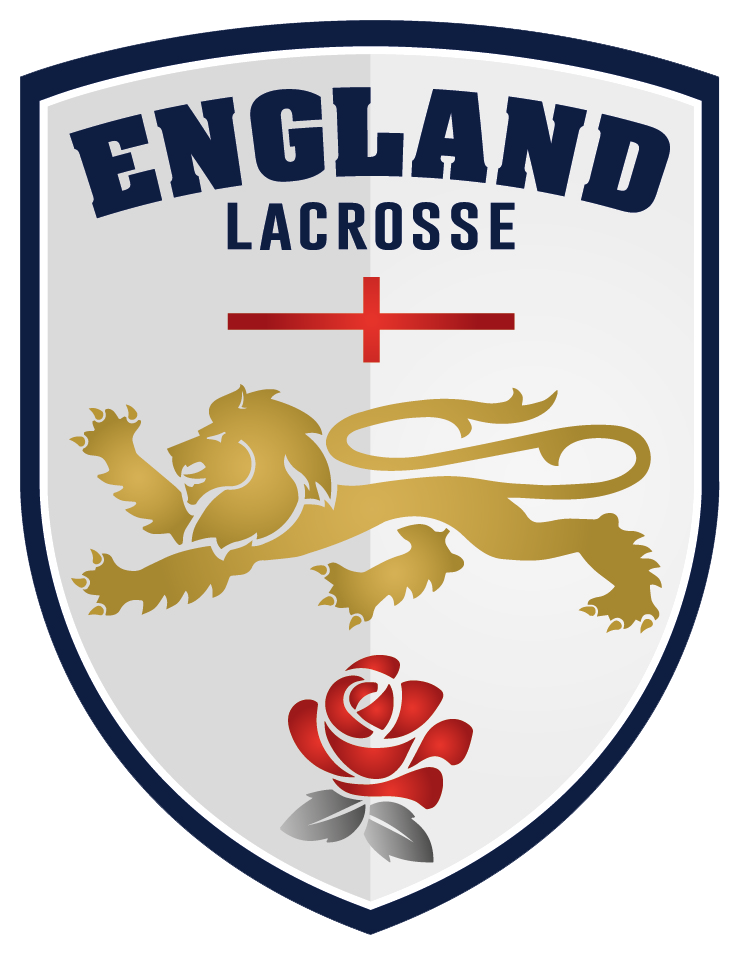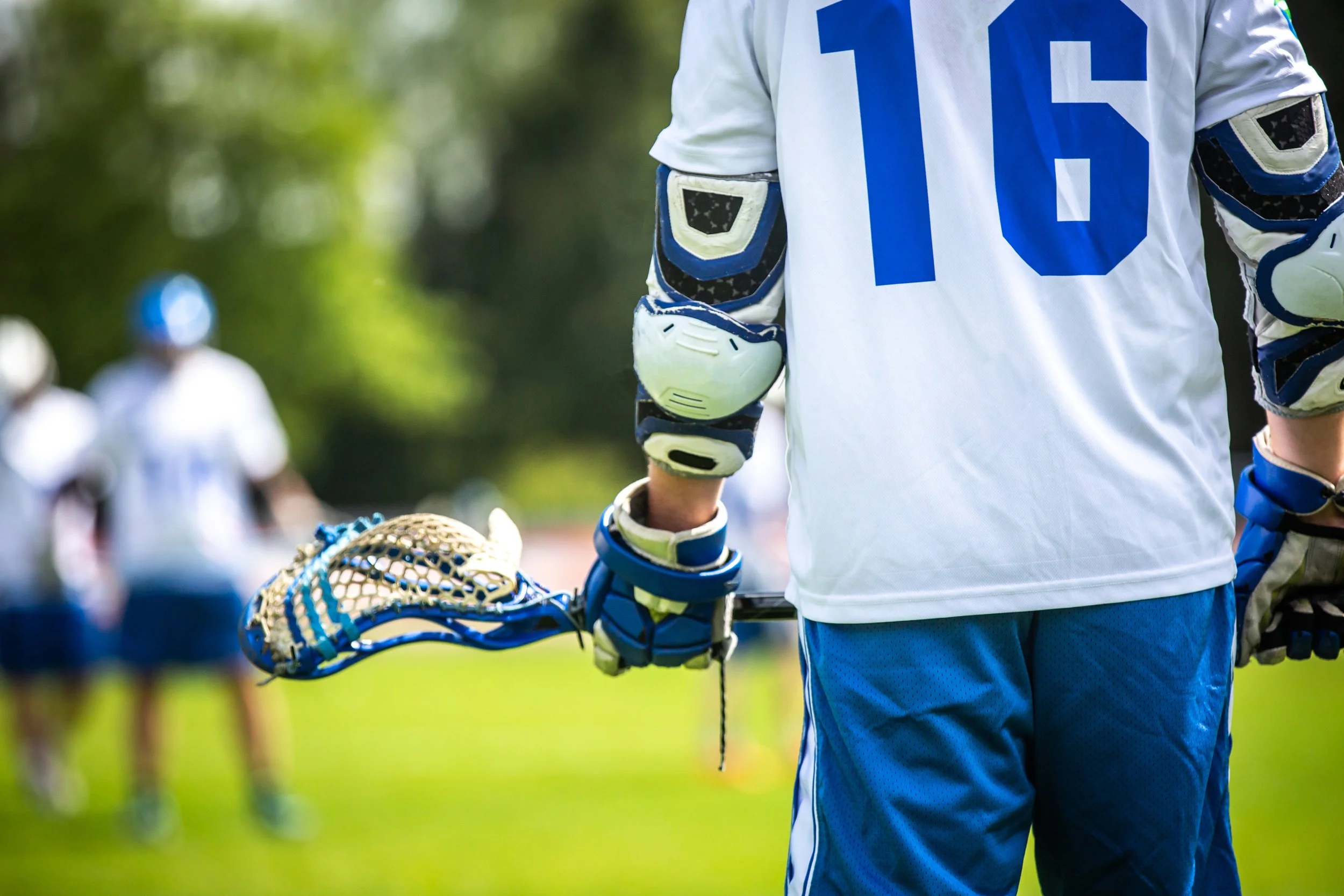Adults at risk
England Lacrosse is committed to creating and maintaining a safe and positive environment and accepts the responsibility to safeguard the welfare of all adults involved in lacrosse.
Like with young people, it is not always easy to see the signs of when an adult is being abused. All lacrosse clubs have a duty of care to anyone who is deemed to be vulnerable, which can include adults.
What is an adult at risk?
An adult at risk, as defined by the Ann Craft Trust, is anyone over the age of 18 that:
Has needs for care and support
(Whether the local authority is meeting any of those needs)Is experiencing, or is at risk of, abuse or neglect.
As a result of care and support needs is unable to protect themselves from either the risk of, or the experience of, abuse or neglect.
DOES ENGLAND LACROSSE HAVE A SAFEGUARDING ADULTS AT RISK POLICY?
England Lacrosse’s Safeguarding Adults at Risk Policy and Procedures apply to anyone over 18 who is involved in lacrosse
DOES MY CLUB NEED TO HAVE A SAFEGUARDING ADULTS AT RISK POLICY?
England Lacrosse strongly recommends that clubs have a safeguarding adult’s policy that is separate to their safeguarding children policy. This is recommended for the following reasons:
Definitions and terms used in adult and child safeguarding can differ from each other.
Reporting procedures and case handling are different.
There is different legislation and policy for child and adult safeguarding.
Adults have the right to self-determinate (choose whether they wish to receive help) whereas children do not.
Club Matters, in collaboration with The Ann Craft Trust, have produced a short video which goes over the key principles of adult safeguarding and tips for dealing with a safeguarding concern. To view the video, please click here.
If your club or area wants advice or guidance about creating a safeguarding adults at risk policy, please contact Karen Hughes Lead Safeguarding Consultant
DO I NEED A DBS CHECK IF I AM WORKING WITH ADULTS?
This depends on your role and whether you are working in regulated activity with adults at risk. The criteria for needing an adult DBS check are different to those for children and it is highly unlikely that anyone involved in lacrosse will meet them. To qualify for an enhanced adult DBS check with an adult barred list check included, you will need to be doing one of the following activities in regulated activity:
You are providing healthcare to an adult at risk (Only including first aid when it is performed on behalf of an organisation.
You are providing personal care to an adult at risk (e.g., helping with eating/drinking, washing, dressing, oral/skin care)
You are providing social work for an adult at risk
You are assisting with the general household matters of an adult at risk (e.g., managing a person’s money, doing their shopping)
You are helping to conduct the affairs of an adult at risk (e.g., you have the power of attorney under the Mental Capacity Act 2005)
You are transporting an adult at risk (Only applies to making trips for healthcare, personal care, and social work. Drivers for trips that do not meet these criteria do not require a DBS check)
Those who are performing training, teaching, assistance, advice, or guidance roles for adults that are receiving health or social care will usually not meet the requirements for regulated activity and therefore will not be required to get an Enhanced DBS Check. However, people in these roles may still qualify for an Enhanced Check without the adult barred list check if they are in an environment where most of the participants are receiving health or social care and meets one of the following criteria:
The activity they perform occurs more than three days in any period of 30 days.
It involves staying overnight with an adult at risk.
The activity they perform occurs at least once a week on an ongoing basis.
Even if a person does not meet the requirement for a DBS check, it is still important that any organisation performs a thorough recruitment process and have thought about whether someone is suitable for the role that they are undertaking.
For more information about DBS Checks for working with adults at risk in sport, please consult the Disclosure and Barring Service’s guidance leaflet.
IS THERE ANY TRAINING FOR SAFEGUARDING ADULTS AT RISK?
The Ann Craft Trust have produced two online training courses for safeguarding adults at risk. You can find these courses by clicking here.

